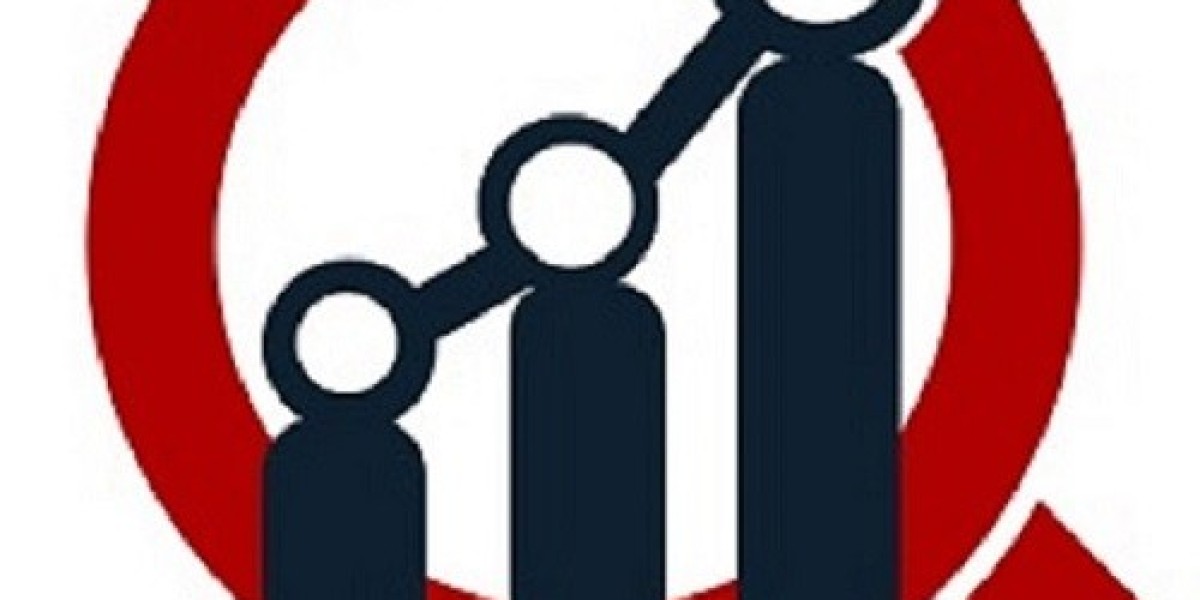The global energy storage landscape continues to undergo a massive transformation, with the Lithium-Ion Battery Market Share emerging as one of the most rapidly expanding areas. Driven by accelerating adoption of electric vehicles, renewable integration, and advanced consumer electronics, this market reflects robust growth potential and evolving competitive dynamics. As industries increasingly transition toward cleaner technologies, lithium-ion batteries remain the backbone of modern energy systems, supported by their high efficiency, long cycle life, and versatile application range.
Growing Adoption Across Energy-Intensive Sectors
The dominance of lithium-ion batteries has been reinforced by a surge in electrification trends across automotive, industrial, and consumer markets. In particular, the transition toward sustainable mobility has amplified the demand for EV-grade li-ion cell solutions, making lithium technology the preferred secondary battery option for next-generation vehicles. Their lightweight design, high-density battery capacity, and rechargeable energy storage benefits also make them indispensable across grid-scale storage and portable power applications.
Consumer electronics continue to play a pivotal role in driving market expansion. Wearables, smart gadgets, and connected devices rely on compact power systems that support uninterrupted operation. For instance, increasing demand in the US Smart Watch Market exhibits the rising relevance of advanced energy solutions capable of powering multifunctional devices seamlessly.
Industrial and Cold Chain Applications Boost Market Prospects
Industrial sectors are also accelerating their dependence on lithium-ion energy solutions. Logistics, transportation, and warehouse management systems integrate battery-driven technologies for automated operations and improved monitoring. Building temperature-sensitive distribution networks has further highlighted the importance of reliable power storage.
A key example includes the Spain Cold Chain Monitoring Market, where real-time surveillance and uninterrupted performance rely heavily on stable and efficient battery systems. Lithium-ion batteries support continuous tracking of perishable goods, ensuring product safety and operational compliance.
Technological Advancements Strengthen Market Leadership
Continuous innovation plays a central role in enhancing lithium-ion capabilities. Manufacturers are exploring new cathode chemistries, improved safety mechanisms, and extended lifespan designs to meet rising industrial requirements. With sustainability becoming a defining pillar, recycling technologies and circular energy practices are gaining traction.
Developments in portable power applications, fast-charging systems, and high-capacity modules are setting new benchmarks, maintaining lithium-ion’s position as the leading rechargeable energy storage technology in the global market.
Meta Description
Explore the growing Lithium-Ion Battery Market Share, driven by EV adoption, consumer electronics, industrial innovation, and strong demand across global sectors. Learn how technological advancements and emerging markets continue to shape the future of lithium-ion batteries.
Summary
The lithium-ion battery market is expanding rapidly due to increasing adoption across electric vehicles, industrial systems, and consumer electronics. With growing demand in complementary sectors such as smart wearables and cold chain monitoring, lithium-ion continues to dominate the rechargeable energy storage space. Its advantages, including high-density battery performance, portable power capability, and long-term reliability, reinforce its global market significance.
FAQs
1. What factors are driving the growth of the lithium-ion battery market?
Key factors include EV adoption, advancements in consumer electronics, industrial automation, and rising demand for portable power solutions.
2. Which industries rely most heavily on lithium-ion battery technology?
Automotive, renewable energy storage, consumer electronics, industrial automation, and cold chain logistics are the primary users.
3. Why are lithium-ion batteries considered a high-density energy option?
They provide more energy per unit weight compared to other secondary battery technologies, making them ideal for compact and high-performance applications.
➤➤Explore Market Research Future- Related Ongoing Coverage In Semiconductor Domain:








